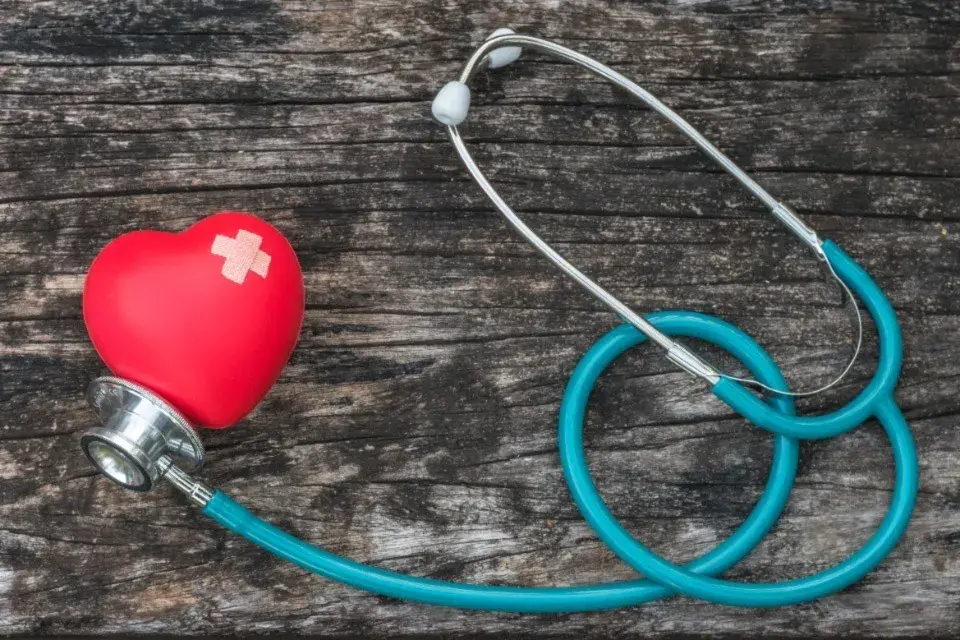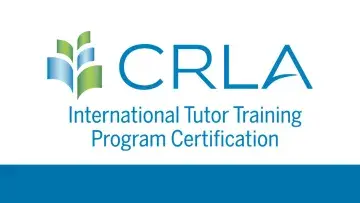National Heart Month: Making Heart Health Part of Your Self-Care Routine

February is National Heart Month, and February 3 is National Wear Red Day — show your support and wear red! When we take care of our hearts as part of our self-care, we set an example for others.
Nearly 16 million people in the U.S have coronary heart disease. This is the most common form of heart disease and can often be prevented. Becoming mindful of our daily movement, eating healthier, getting enough sleep, stress reduction, and the elimination of smoking can make a life saving difference. Devoting time everyday can be a life saving routine in efforts of protecting the health of your heart. Although it sounds serious, there are many simple self-care steps such as taking a moment to de-stress, daily body movement, healthier eating, and a good rest sleep can all help protect your heart.
Heart disease is largely preventable and focusing on living a healthy lifestyle has never been more important.
Heart disease is a leading cause of death for women and men in the U.S, and many Americans remain at risk, according to the National Heart, Lung and Blood Institute (NHLBI). In addition, people with poor cardiovascular health are also at increased risk of severe illness from COVID-19. “Studies show self-care routines, such as taking a daily walk and keeping doctor’s appointments, help us keep our blood pressure in the healthy range and reduce our risk of heart disease and stroke,” said David Goff, M.D., NHLBI’s director of cardiovascular sciences.
We encourage you to “put your heart” into it and create a daily routine to improve your heart health and take preventative measures. At the beginning of your week, carve out 30 minute blocks for heart-healthy practices. Taking an online yoga class, preparing heart-healthy meals, practicing 7 hour sleep schedules, or making a meditation checklist. Seeking out support from friends and family to help you stay accountable.
Here is a week worths self-care tip calendar to make your heart health a priority.
Self-Care Sunday
- Spend quality time on yourself.
- Find a moment of serenity on a walk, run, or in your living room.
Mindful Monday
- Be mindful of your health and regularly monitor your blood pressure or blood sugar if necessary.
- Keep an eye on your weight to assure it stays in a healthy range.
Tasty Tuesday
- Choose a new heart healthy recipe to try with fresh herbs or spices as a salt substitute.
- Explore healthy eating plans such as the Dietary Approaches to Stop Hypertension (DASH), there are plenty of tools and resources available
Wellness Wednesday
- Try a new fruit or vegetable.
- Make a plan to stop smoking or vaping — research the signs of a heart attack or stroke. Symptoms may include chest and upper body pain or discomfort, shortness of breath, nausea, etc.
Treat Yourself Thursday
- Treats can be healthy! Try making a dessert with fresh fruit and yogurt.
- Host a dance party with friends and family — laughing is healthy and you can benefit from taking the time to find an activity that makes you smile out loud.
Follow Friday
- Social media gives us resources at our fingertips, follow inspiring people who can help educate and motivate you.
- Follow-up with friends to help you stick to your self-care goals.
Selfies Saturday
- Inspire others to take care of their own hearts — share your heart health journey with loved ones or online.
- Social support and personal networks can make it easier to get regular physical activity, eat nutritious foods, and other heart health habits into a daily routine.
Samuel Merritt University cares about raising awareness and providing the community with necessary resources to maintain healthy lifestyles. Two of the main hurdles to self-care are depression and a lack of confidence, according to a study published in the Journal of the American Heart Association. If your mental health gets between you and your fabulous self, take action to show your heart some love. Reach out to family and friends for support, or talk to a qualified mental health provider.
For students, Samuel Merritt University has the Student Health and Counseling Center (SHAC) that aims to provide quality physical and mental health services. Our health professionals recognize that good health is more than the absence of illness, but rather a robust state of well-being that acknowledges the importance of the mind-body relationship.
In efforts of taking care of your heart, join us for an educational event on the ‘silent killer,’ learn about the risks of high blood pressure and signs to look out for. The Ethnic Health Institute (EHI) is hosting their signature Hypertension Sunday event, named in honor of EHI founder Dr. Frank E. Staggers, Sr., which aims to educate communities of color. This event will take place February 26. Learn more about Hypertension Sunday and SMU’s Ethnic Health Institute here.
Source: National Heart, Lung and Blood Institute (NHLBI)


